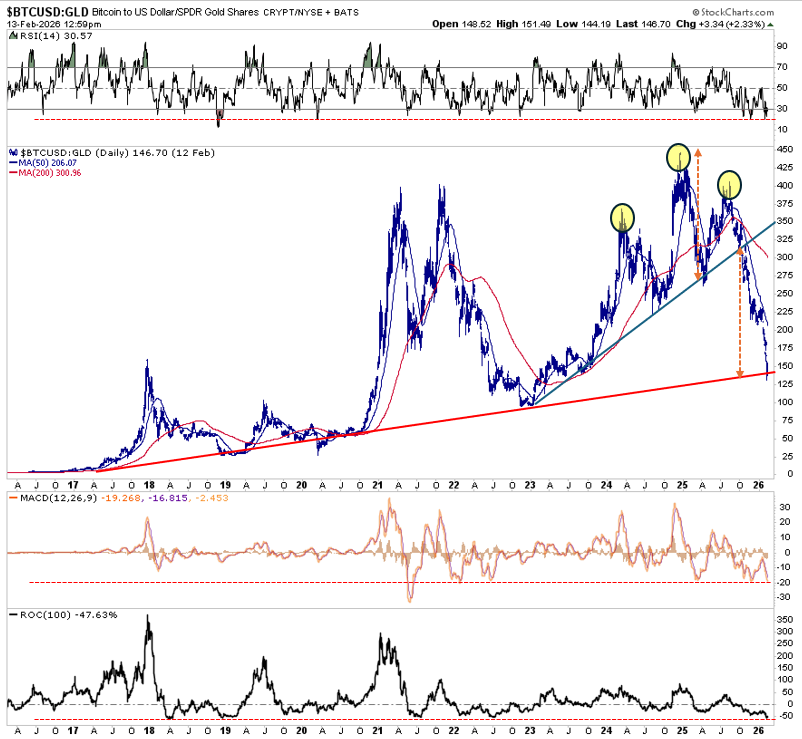Princeton University Press released in September a new English translation of the first volume of Marx’s Capital. The editors, Paul Reitter and Paul North, tell us that the new translation is the product of five years’ labor. In this week’s column, I’d like to ask what I am sure they would regard as an impertinent question. Why have they bothered? Why do we need a new English translation of the first volume?
They acknowledge that there are excellent English translations of the first volume that are readily available—they have good words to say about the Penguin translation by Ben Fowkes, which they scrupulously compare with other translations. And not only that, they discuss Marx’s revisions to the German original that appear in the last German edition he was able to examine personally. This edition is the basis of their own translation. As if this were not enough, they also discuss the French translation of Capital and Marx’s comments about it.
The editors regard it of enormous importance to tease out every fine shade of meaning in the book, as if there were some vital secrets concealed within the book that depend on such careful analysis. What exactly does Marx mean by “alienation”? By “fetishism”? By “exploitation”?
It transpires that the editors are much more concerned with these shades of meaning than was Marx himself. In the French translation of the first volume, he presents an account of what is wrong with working for wages that differs completely from what is discussed in the German original and the English translation approved by Marx himself.
As William Clare Roberts explains,
The text of Le Capital says that the producers of commodities [i.e. the workers] are driven about in their interactions by the changing prices of commodities, rather than having the power to themselves direct these price changes. In other words, the French edition argues that commodity producers are price-takers, not price-makers, and that changes in relative price levels drive the buying, selling, and producing activity of commodity producers.
That is to say, workers have to shift from one job to another, as demand changes. What is so bad about that?
For Marx, this was very bad indeed, because he thinks that businessmen exploit laborers to extract every last bit of “surplus value” from them. In his account, the value of every commodity is the socially necessary labor time required to produce it. This applies to labor too; the value of labor is the socially necessary time required to produce a laborer (i.e., the number of hours required to produce what he needs to live on). But the worker sells his labor power—in effect, himself—to the capitalist. Marx sees capital and labor as fundamentally antagonistic.
Marx mocked economists who did not agree. My readers will find of interest his opinion of Frẻdẻric Bastiat. As Roberts summarizes,
Vulgar economists cling to “mere semblance” and classical political economy has “come close to something of the true state of affairs.” To Marx, the second is worthy and worthy for critique. The first, however, is only worthy of contempt. In the “bourgeois” economists, Marx spies [sic] a tendency to reify the system, to treat it as natural and permanent, taking its ability to satisfy human wants as almost divine occurrences.
It was, of course, Marx who was mistaken. He failed to grasp that there are laws of human action that apply universally. His understanding was far inferior to that of Nassau Senior, whom he derided as the quintessential “bourgeois” economist.
As far as his derision of Bastiat is concerned, we should heed the wise words of Ludwig von Mises:
Many economists, among them Adam Smith and Bastiat, believed in God. Hence they admired in the facts they had discovered the providential care of “the great Director of Nature.” Atheist critics blame them for this attitude. However, these critics fail to realize that to sneer at the references to the “invisible hand” does not invalidate the essential teachings of the rationalist and utilitarian social philosophy. One must comprehend that the alternative is this: Either association is a human process because it best serves the aims of the individuals concerned and the individuals themselves have the ability to realize the advantages they derive from their adjustment to life in social cooperation. Or a superior being enjoins upon reluctant men subordination to the law and to the social authorities. It is of minor importance whether one calls this supreme being God, Weltgeist, Destiny, History, Wotan, or Productive Forces and what title one assigns to its apostles, the dictators.
It is ironic that Marx’s reliance on the labor theory of value was outmoded within his own lifetime. The “marginalist revolution” of Menger, Jevons, and Walras conclusively showed that workers are not exploited under capitalism; to the contrary, they earn the marginal product of their labor. For our purposes, it is unnecessary to address such complications as whether we should speak of the discounted marginal revenue product or discounted marginal value product.
Marx’s defenders try to excuse his failure to discuss the marginalist revolution by speaking as if they wrote during the last years of his life, when he could not be expected to keep up with the latest literature. In point of fact, Marx lived until 1883 and retained his capacity for intellectual work until the end of his life. He was an avid reader of the economic literature and, in fact, discusses Jevons in other connections. It is hard to avoid the suspicion that Marx did not mention the marginalists because he could not answer them.
Full story here Are you the author? Previous post See more for Next postTags: Featured,newsletter





































